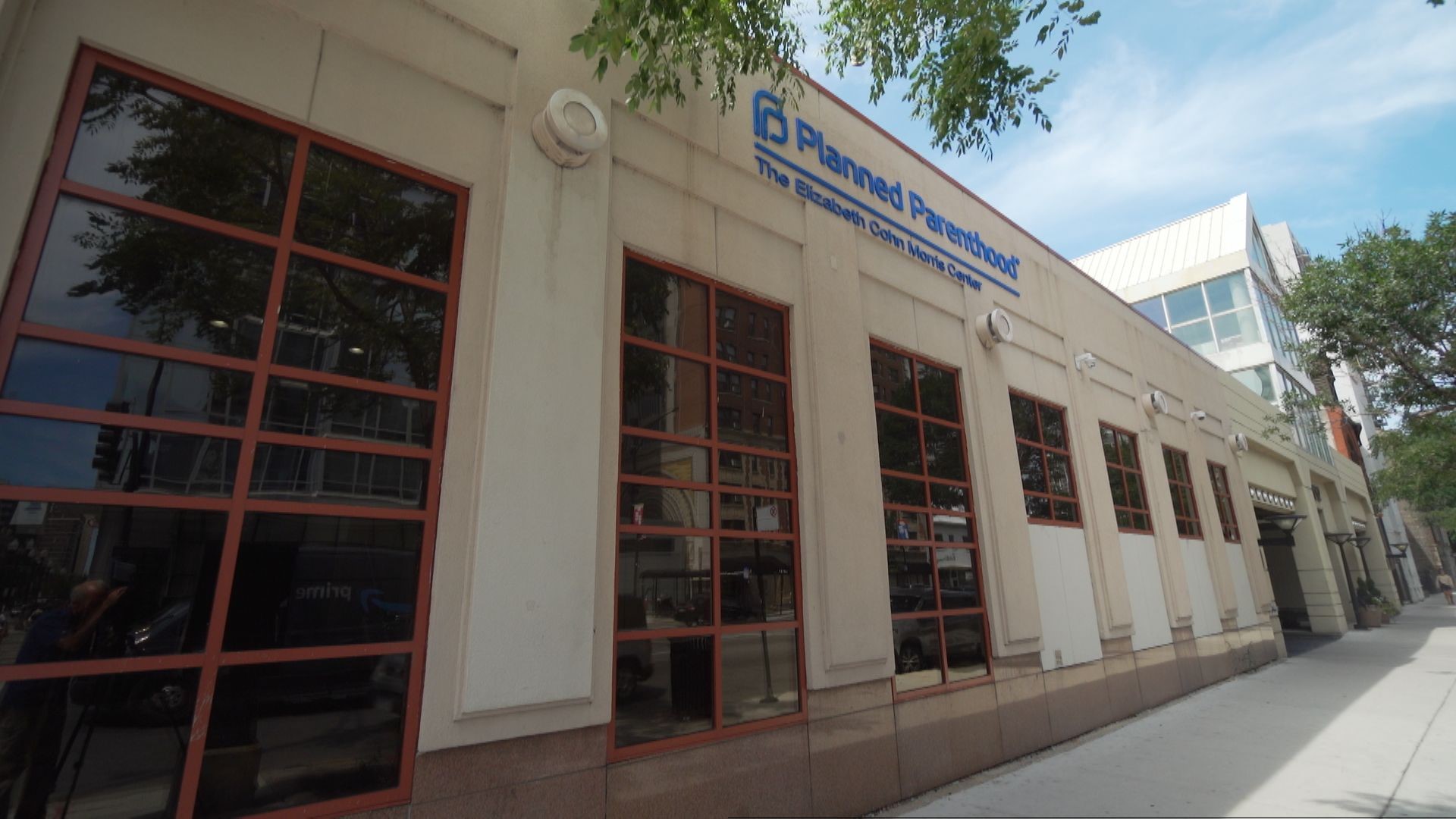INDIANAPOLIS — In less than a month, abortion clinics around the state of Indiana will be forced to stop providing abortion care when Indiana's new law banning the procedure takes effect. But already, pregnant women are seeking the care they need outside of the state, turning to Illinois for help.
"We've been referring to it as a 'tidal wave.' And you know, anyone who has been paying attention, knew this wasn't a surprise," said Julie Uhal, SAFE abortion expansion program manager for Planned Parenthood of Illinois. "So we’ve been preparing for the overturn of Roe for years now and have taken a lot of steps to increase capacity at our health centers both through brick and mortar sites and increasing staff capacity."
Uhal said all of Planned Parenthood of Illinois' 17 health center locations have seen massive increases in demand — up from roughly 100 out-of-state patients a month to 750 out-of-state patients just in the first week after the Supreme Court overturned Roe v. Wade.
"[At] the Flossmoor health center, which is kind of on the eastern side of the state close to the Indiana border, out-of-state abortion patients tripled largely from Indiana," Uhal said.
With neighboring states banning the procedure or about to, like Indiana, Uhal said Planned Parenthood of Illinois is already hearing heartbreaking stories of women traveling to seek care.
"A person who drove herself and four kids under the age of 6 to Illinois in order to access care, there have been patients coming in saying hospitals near them are no longer treating ectopic pregnancies," Uhal said. "It's just created a lot of chaos and confusion and fear."
Banning the procedure won't end abortions, Uhal said, just make it harder, more dangerous for women to get and likely raise the nation's already high maternal mortality rate.
“These bans affect the people who are already the most vulnerable in society in the first place, they’re impacting Black and brown communities, low-income communities, rural people, young people, undocumented people. It’s really just a shame and it’s dangerous and it’s going to have really widespread impacts across the entire healthcare system,” Uhal said.
But, Uhal said, no matter what laws are passed elsewhere, they'll be ready in Illinois to help.
"Having patients come in who've just been through unspeakable difficulties and trauma, being forced to travel across multiple state lines in order to access healthcare isn't easy on anyone. But we're here for our patients and committed to serving them, no matter how far they have to come," Uhal said.
Indiana's new state law banning abortions with exceptions for rape, incest, fatal fetal anomalies and to save the life of the mother, will take effect Sept. 15.

